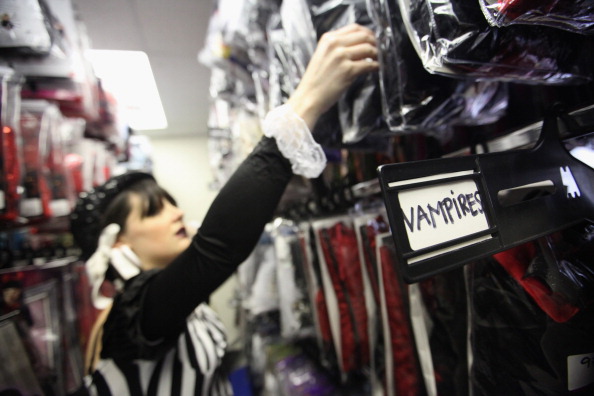UK consumer spending growth slows under Brexit uncertainty

UK consumer spending slowed in October, a new report has shown, as Brits remained cautious with their money in the run-up to the missed 31 October Brexit deadline.
Read more: UK economy to hit decade low even with Brexit deal, report warns
Spending at the shops grew by 1.5 per cent in October year on year, down from growth of 1.6 per cent in September, the latest data from payments provider Barclaycard showed today.
Consumer spending has kept the UK economy on its feet in 2019, as investment and trade have suffered under Brexit uncertainty. Yet there are growing signs that politics is taking its toll on sentiment.
Barclaycard director Esme Harwood said: “Ongoing economic uncertainty combined with a bleak start to autumn led many Brits to stay in rather than spend out last month, choosing takeaways and evenings at home over socialising at bars or restaurants.”
Non-essential spending picked up slightly to two per cent in October. The wet weather kept people inside, however, leading them to spend 6.9 per cent more on fast food and takeaways than a year earlier.
The entertainment sub-sector suffered, with consumers spending three per cent less on things such as concert and theatre tickets.
Retailers could be in for a challenging Christmas as just 47 per cent of people are confident that they will be able to spend as much as they normally do on festivities, Barclaycard said.
One area that has done well in recent months is discount stores. Spending at shops such as Aldi grew by 7.7 per cent in October, and 61 per cent of people surveyed by Barclaycard said they were seeking value for money from purchases.
Harwood said: “It’s likely we’ll see consumers continue to seek out value – whether that’s through buying more in discount stores or snapping up bargains in the Black Friday sales.”
Read more: Boris Johnson feels ‘deep regret’ at missing October Brexit deadline
Overall consumer confidence remained low in October. Just three in ten Brits feel positive about the state of the UK economy, with only a quarter of 34 to 54-year-olds upbeat about the situation.
(Image credit: Getty)